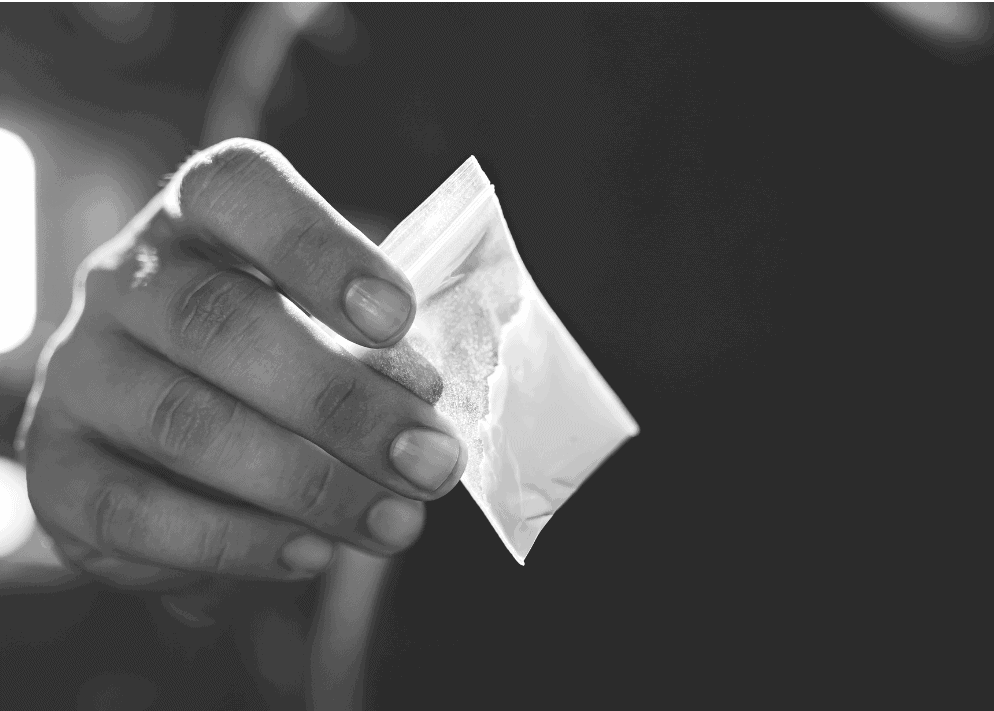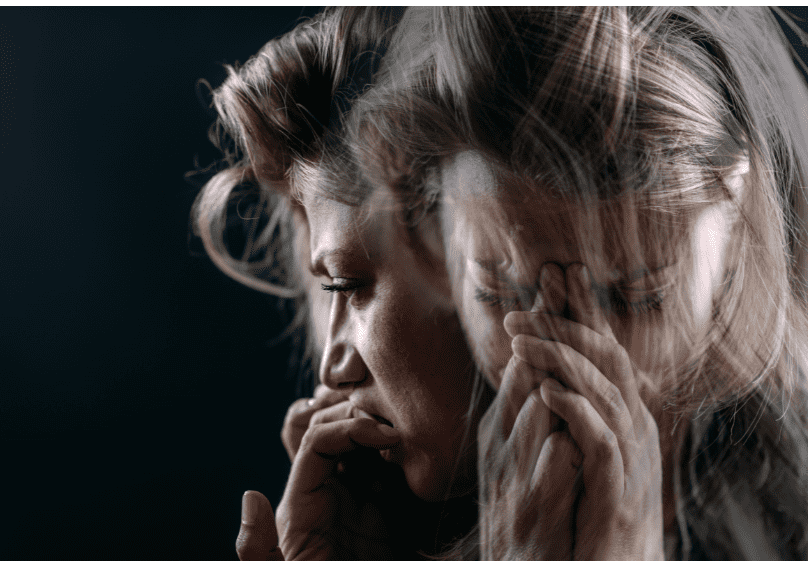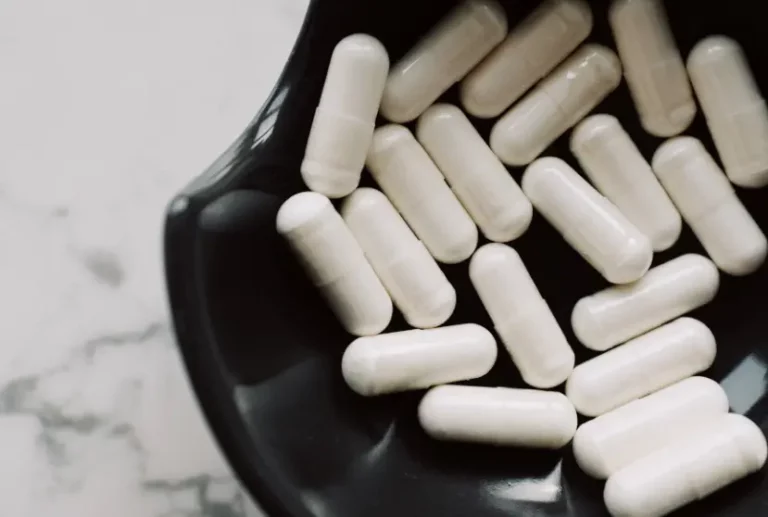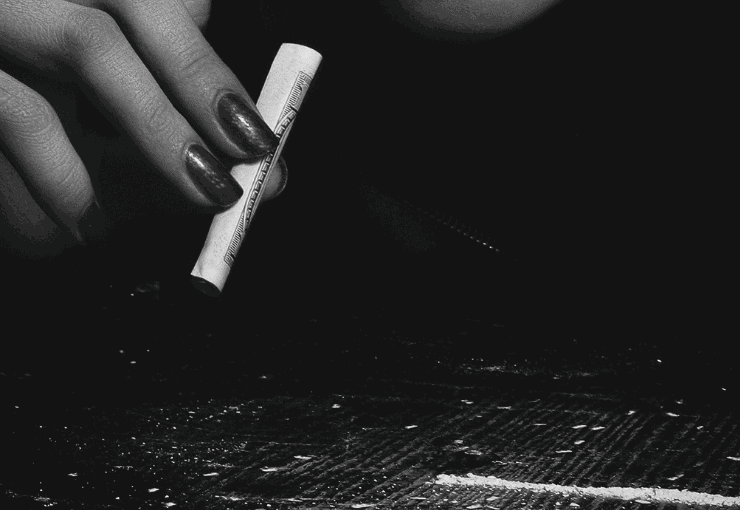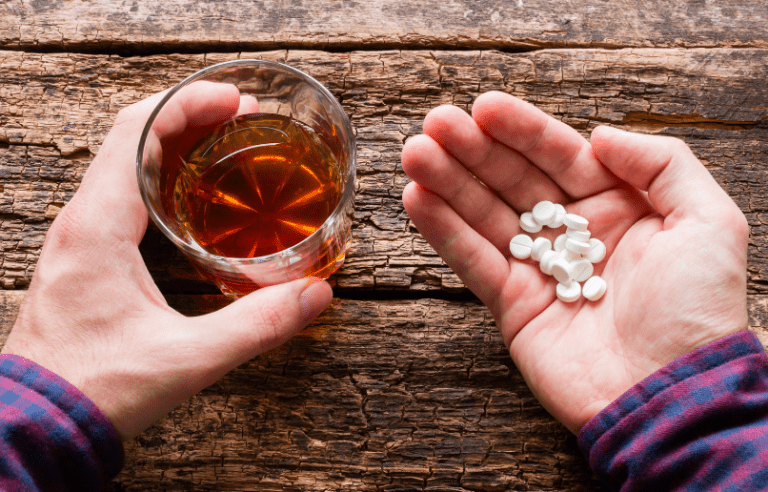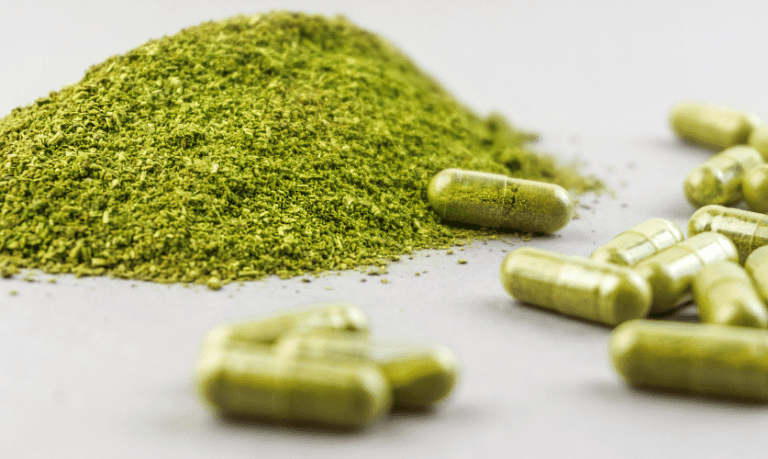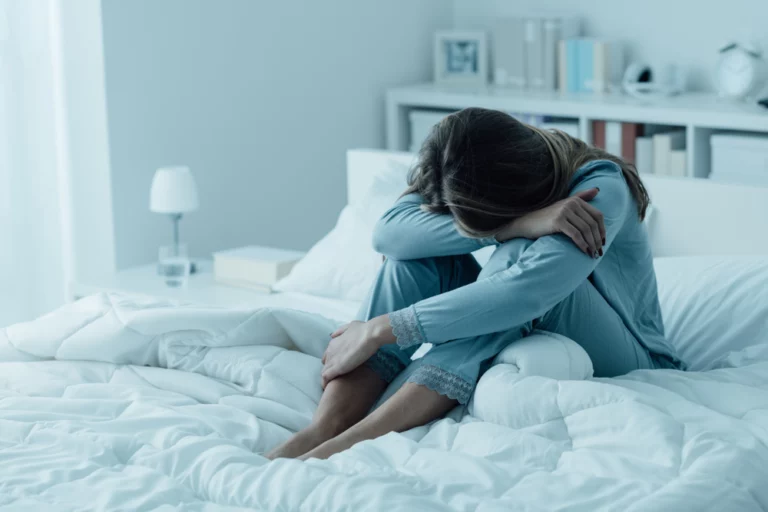Drug addiction, such as cocaine addiction, has the potential to develop in any person, regardless of their gender, race, ethnicity, class, and more. However, due to specific factors that make the development of addiction more likely, certain communities, such as the LGBTQ+ community, are more likely to abuse drugs like cocaine and develop damaging addictions. But, what are these factors? Can they be changed? How can we as a larger community be an ally to those in the LGBTQ+ community who struggle with cocaine abuse?
Cocaine Abuse
Cocaine abuse is one of the most prevalent forms of drug abuse in the United States and within the LGBTQ+ community.
What is Cocaine?
Cocaine is one of the many illegal, stimulant drugs. This extremely powerful and highly addictive substance comes from the coca plant, which is native to South America. Usually, cocaine takes the form of a white powder. However, cocaine can also take the form of a crystal-like rock known as crack cocaine or more simply as crack.
What are the Effects of Cocaine Abuse?
As a stimulant, cocaine speeds up brain functions, reactions, and interactions. This causes a person to experience increased energy, alertness, and attention when cocaine is consumed. However, many users of cocaine will also experience hypersensitivity and euphoria when consuming it. Typically, these effects will last around 15 to 30 minutes, but they can last anywhere from a few minutes to an hour at most.
Side Effects of Cocaine Abuse
While some of the effects of cocaine consumption can appear to be beneficial, cocaine abuse comes with several consequences and side effects. Abusing the substance can have several negative impacts on an individual’s social relationships, occupation, education, and more. However, some of the most significant negative effects happen to an individual’s overall health and wellness.
In the short term, the side effects of cocaine abuse can include:
- Constricted blood vessels
- Nausea
- Higher body temperature
- Higher blood pressure
- A fast or irregular heart rate
- Tremors or muscle twitchers
- Restlessness
In the long-term, the side effects of cocaine abuse can include:
- Malnourishment
- Movement disorders
- Nosebleeds
- Asthma
- A higher risk of pneumonia
- Irritability
- Paranoia
- Hallucinations
The Brain and Cocaine
Of the many negative effects cocaine abuse can have on the human mind and body, one of the most notable is its impact on the brain. Frequent cocaine use can harm the brain’s reward system. In damaging this system, the brain adapts and essentially becomes rewired for addictive behavior. This makes a person more likely to engage in immediate, usually unhealthy pleasures, such as cocaine abuse, in order to feel happy or happier than before.
Cocaine Abuse Within the LGBTQ+ Community
Sadly, drug abuse is on the rise in the LGBTQ+ community. According to data from the Substance Abuse and Mental Health Services Administration, LGBTQ+ adults are over two times more likely to abuse illegal drugs than heterosexuals. LGBTQ+ adults are also almost twice as likely to develop an addiction. Despite how alarming these statistics are, researchers have identified several factors that contribute to them. Addressing these factors can be the key to changing these trends and lessening the cocaine abuse problem in the LGBTQ+ community.
Why LGBTQ+ Community Members are More Likely to Abuse Cocaine
Cocaine abuse and addiction affect every person differently. However, there are several factors unique to the LGBTQ+ community that make members more likely to abuse drugs like cocaine. These factors include:
Discrimination
Sadly, many members of the LGBTQ+ community still face and deal with a significant amount of discrimination in the United States. Incidents or feelings of being discriminated against can have a sizable effect on a person’s mental or even physical health, leading them to self-medicate with drugs like cocaine.
Lack of Support
There is also a lack of support for members of the LGBTQ+ community across the United States. Without proper physical, mental, and emotional support, many members of this community turn to drug abuse. They may also have trouble finding support or treatment for drug addiction later-on, which only worsens the overall drug problem within the LGBTQ+ community.
Internalized Homophobia
Unfortunately, there are members of the LGBTQ+ community who live with some level of internalized homophobia. Regardless of how it developed in them, internalized hatred, fear, disgust, or shame of oneself can take an extreme toll on a person’s mental well-being. For some, this internalized homophobia leads them to drug abuse as a way to self-medicate and forget about their feelings for a while. Sadly, this drug abuse can often result in an addiction.
Mental Health Problems
Aside from discrimination, a lack of support, and internalized homophobia, there is an overall mental health crisis in the LGBTQ+ community. Many of the members of this community live with mental health issues and disorders, such as depression, anxiety disorder, bipolar disorder, and more. Mental health issues like these often contribute to the likelihood that an individual will abuse drugs like cocaine and eventually develop an addiction.
How Members of the LGBTQ+ Community Can Overcome Cocaine Addiction
Overcoming addiction of any kind can be difficult, especially a cocaine addiction. However, it is possible to become sober and maintain sobriety through the use of professional help. Rehabilitation facilities across the United States offer a number of proven treatments and therapies for cocaine addiction. Utilizing the variety of programs available at these facilities can help any person, including one who is a member of the LGBTQ+ community, to become sober and remain sober.
Searching for LGBTQ+ Friendly Treatment for Cocaine Addiction?
If you or a loved one is a member of the LGBTQ+ community and living with an addiction, such as cocaine addiction, help is available in your area! At Knoxville Recovery Center, our team of qualified addiction specialists offer effective addiction treatments and therapies designed to help our patients address both the physical and mental aspects of addiction. Our facility and treatments are available to anyone who needs helps, regardless of race, ethnicity, sexual orientation, or gender identity. Contact us today to learn more!



